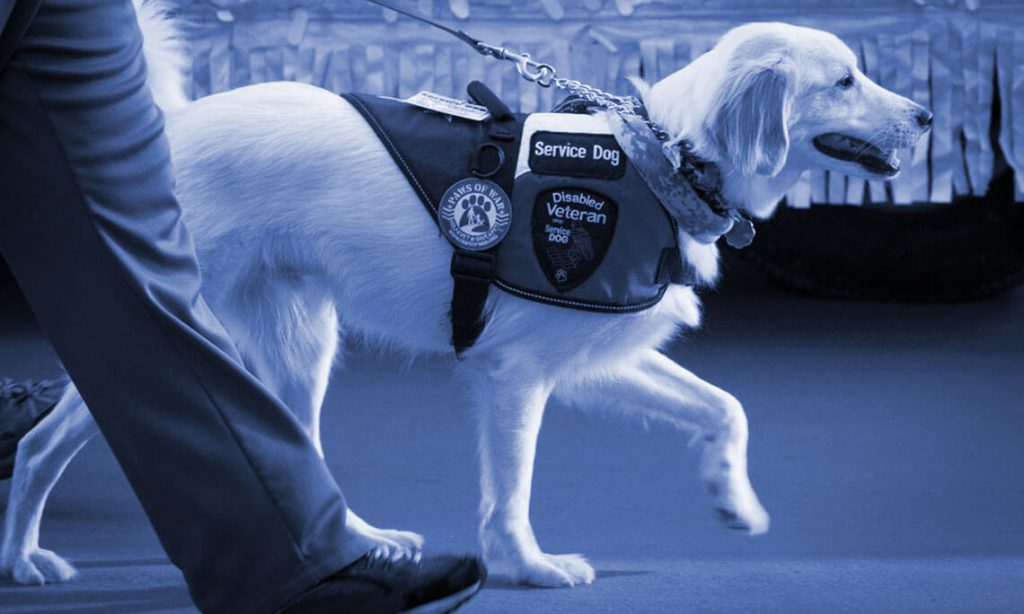Emotional Support Animals
What benefits do ESA have? Do they help students in the long run?

Emotional support animals: this is a term that has been growing to be more widely used, especially within the college student demographic. I, myself, have an emotional support animal waiting for me at home. But what does that really mean?
Is my dog specially trained? Does she wear a vest and listen to every command I give her?
No and no. Emotional support animals, while similar in ways, are largely different from service animals. They are not always trained and they are not supposed to go everywhere with you. An emotional support animal is exactly that, an animal that supports your emotional needs.
However, it’s important to recognize that some people who do need emotional and trauma support do have actual service animals to help them live their lives as normally and stress-free as possible.
Why do some people have emotional support animals while others have service animals?
It’s simple really. Some people have anxiety and depression, which can come from a number of things, and having a little furry friend helps them be able to cope with everyday life. Others might have ADHD or autism and become overstimulated easily and having a friend with them helps.
Service animals are meant for more physical disabilities and when non-physical disabilities take on physical symptoms. For example, someone diagnosed with post-traumatic stress disorder might have a service animal to alert them of oncoming people and interactions when they aren’t aware to help them avoid being triggered or sent into a panic. Others might have heart conditions or diabetes and their service animals are able to sense when they are in danger and need to get medical help.

Emotional support animals are very beneficial for helping students get through school. Many schools are even using resources to give students access to animal therapy during high-stress times, like finals week. Students have been shown to have improved experiences in college with the access to resources like emotional support animals. Many students experiencing depression, bipolar disorder, anxiety, or post-traumatic stress disorder have had their lives greatly improved by emotional support animals.
There’s a vast difference between the two terms and why someone might need an emotional support or service animal. But I know one thing for sure, they are all loved equally and treasured beyond measure.



